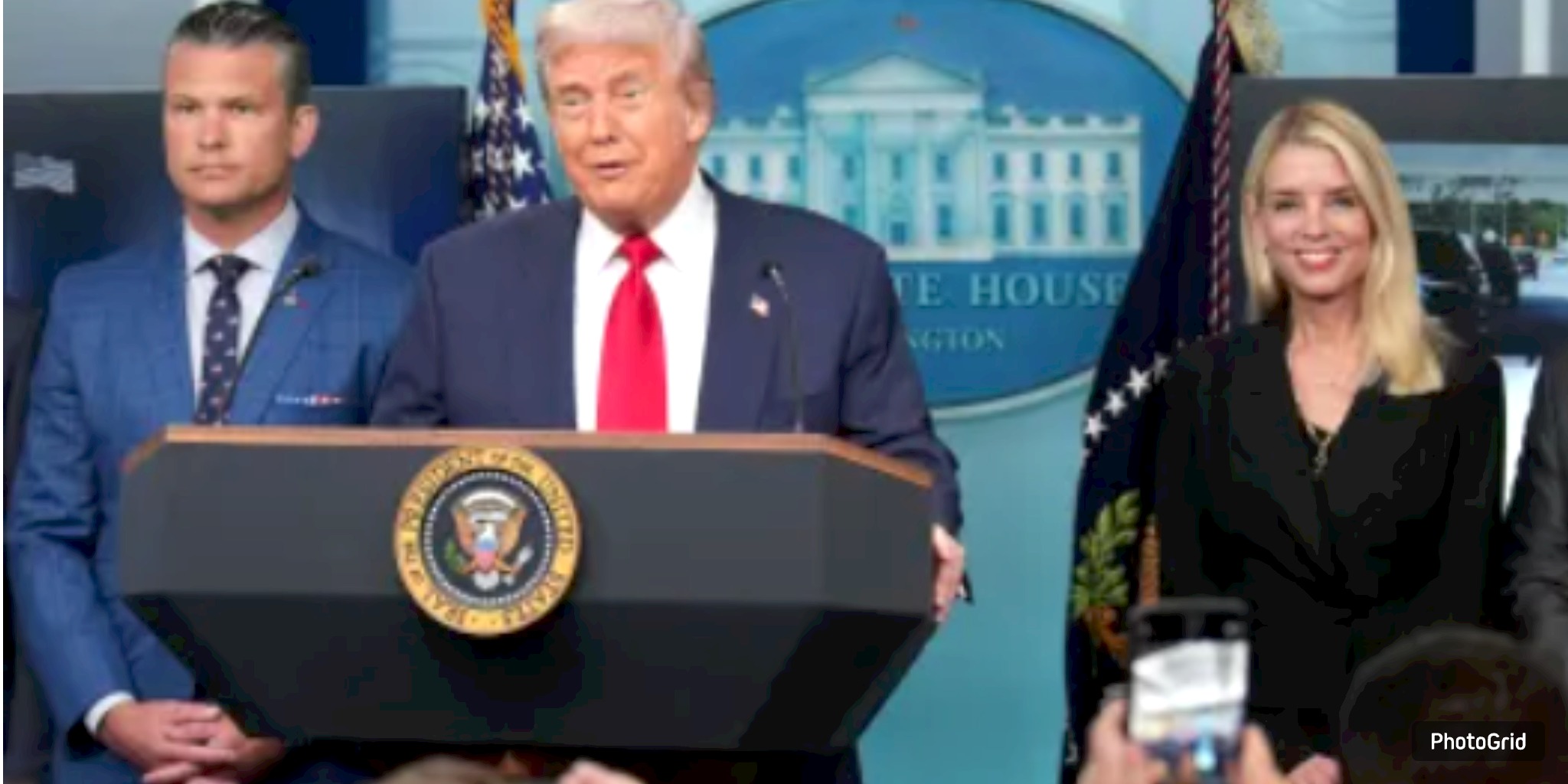


On Monday, President Donald Trump took decisive action by ordering the deployment of 800 National Guard troops from the District of Columbia. He announced the federalization of the D.C. police department, marking a historic first. This move comes even as crime rates in the nation’s capital have seen a significant decline over the past two years.
Trump asserted that the action was essential to “liberate” the city from what he characterized as escalating lawlessness, despite D.C. police statistics indicating a significant decline in violent crime. “Today marks a pivotal moment in D.C., as we reclaim our capital,” Trump announced during a morning press conference.
In a significant development, Defense Secretary Pete Hegseth has been granted the power to mobilize more National Guard members from various states, with the discretion to determine the necessary numbers. This move sets the stage for an expanded military presence in the city. The ruling invokes elements of the District of Columbia Home Rule Act of 1973, effectively placing the D.C. Metropolitan Police Department under direct federal oversight — a step that legal analysts indicate lacks a contemporary equivalent.
The administration positioned the action as a key element in a larger initiative to combat violent crime, even as citywide statistics reveal a decline in homicides, robberies, and assaults from their pandemic-era highs. Supporters of Trump have highlighted specific notable events, such as a shooting that occurred near a federal courthouse last month, to defend the need for intervention.
Civil liberties advocates, along with certain officials in D.C., expressed concerns that this action might weaken local governance and heighten tensions. Mayor Muriel Bowser, facing constraints on her authority over the National Guard due to federal law, described the decision as “an unnecessary and dangerous overreach” and pledged to contest it in court.
The directive emerges during an ongoing discussion regarding the extent of federal power within local areas and the deployment of military resources for domestic policing — a topic expected to gain momentum as the November election approaches.
















From breaking news to thought-provoking opinion pieces, our newsletter keeps you informed and engaged with what matters most. Subscribe today and join our community of readers staying ahead of the curve.